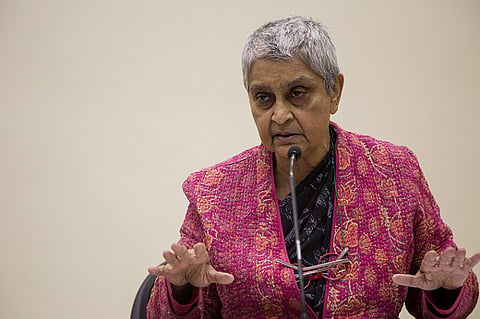Whatever happened to class?
(Also read this essay by Aditya Nigam who argues class-versus-identity-politics debate misses the complexities of lived experiences.)
Not so long ago, activists and intellectuals who regarded themselves as progressive had a pretty clear idea of what this entailed. Then, as now, it carried a commitment to democratic rights, to equality, to fighting gender and racial domination. But it also meant a deep and abiding opposition to capitalism. To be radical was to be anti-capitalist. This was not just out of habit, or due to sectarian indoctrination. Hard experience over two centuries had taught activists that capitalism not only generated inequalities in a systematic way, but that the insecurities it created had the effect of pitting people against each other – for jobs, for housing. and for basic amenities. Moreover, any movement that called for redistribution of resources found itself confronting the hostility of the rich, since redistribution cannot but make demands on the wealthy. Gender and racial domination have their own independent sources, to be sure. But these are exacerbated and become increasingly entrenched in the context of poverty and material insecurity. So, even as our sense of radicalism evolved over time, there was no question but that it had to highlight the role of capitalism and class.
For almost five decades after Independence, Southasian scholarship embodied this commitment. And why wouldn't it? One merely has to step onto the street to witness the horrid conditions that domestic capitalism has imposed on the vast majority of its citizens. To generations of scholars, it seemed unimaginable that any diagnosis of Southasia's social ills could leave out the central role of class and exploitation. No wonder, then, that Marxist theory had such an attraction to intellectuals based in the Subcontinent. For more than a century, Marxism had been the framework most committed to analysing how capitalism systematically generates inequality in wealth and in power. In most of the world, radicalism had enjoyed a very close affinity with Marxism, since no other framework had so highlighted capitalism as a source of social ills.

